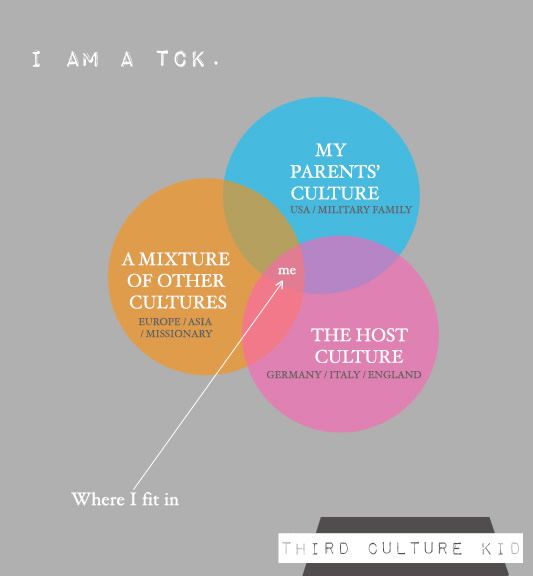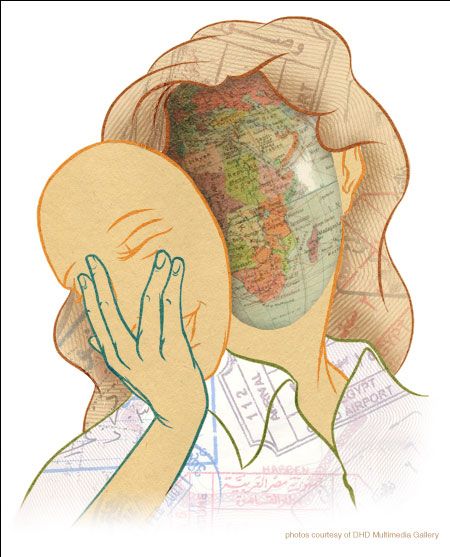By Deepa Thomas
Demystifier: An ED Original where we take a complex topic but the content is written in such a way that it is knowledgeable and easy to comprehend at the same time.
We Indians take great pride in our homeland and, as soon as we meet someone, we are tempted to ask them the age-old question – “WHERE ARE YOU FROM?” But, have you ever asked someone this oh-so-simple question and watched them get in a real fix (“where I’m from…as in…my birthplace? or…passport? um…parents?”)?
Well, chances are that you just bumped into a Third Culture Kid (TCK).
Third Culture Kids are individuals who had spent a major part of their developmental years in a cultural environment which was different from their parents’ culture. In the Indian scenario, they are the NRIs, the missionaries’ kids, the army brats and so on.

These global nomads have been exposed to an array of cultures but most of them go through the migratory flight at some point of time and return to their roots for good. Having formed an identity during their formative years abroad, Third Culture Kids try to amalgamate this identity with their new found one, which leads to the confusing situation of ‘blending in’.
To help these poor beings out, here’s a mini guide on ‘How to Deal with a TCKs – 101’.

Accept the Differences
Growing up in different places means that the same things might not set both of your nostalgic bells ringing. While you reminisce about Ramu kaka’s chat stall in your childhood neighbourhood, most often than not, you’ll see a Third Culture Kid also lick his lips and zone off with you, but rest assured he’ll be fantasising about his favourite Shawarma place. So, if you want the TCK to get involved in the conversation, talk about topics with common ground or better yet, ask them how things were different for them. You probably won’t get it out without a little prodding though.
Confusing Comparisons
The word “home” brings to mind more than one place for a TCK. If you’re thinking of asking the question “which place do you like better – *insert country* or India?”, be assured that you are one among a long list of people who have asked the same. Don’t get offended if you receive a diplomatic answer or if she doesn’t choose India (if you think you can’t handle the answer, don’t ask). As much as a TCK may love being in India, the place where she spent her childhood and most parts of her teenage life will always dwell in a special part of her heart.
Avoid Stupid Questions
You might revel in being a smartass and asking questions like “did you live in desert tents in the Gulf?” or “are you friends with the sheikhs there?”. A TCK might humour you and roll his eyes but he probably isn’t getting much of a kick out of it. And yes, we did travel to school on camels, just like you did on elephants.
First-time Introductions
Imagine a situation where you’re introducing your TCK to a non-mutual friend or even your parents. When the inevitable question of “beta, where are you from?” comes up, take it upon yourself to explain the whole situation (without any errors, mind you). Then you, my friend, will have secured a very high position in the eyes of your TCK friend and s/he will be eternally grateful to you.
At the end of the day, Third Culture Kids are just individuals who have accepted the beauty of cultural diversity and imbibed it all as their own. So, the next time you meet a TCK, get a chance to know the person before you jump to conclusions that s/he is a stuck up jerk. You just might end up with a friend for life.
Read More:
- 5 Movies That Gave Us All An Existential Crisis
- How To Make The Most Of Your Shi**y Weekend
- 5 Massive Lies I Am Telling Myself This Monday
http://edtimes.in/2017/04/am-i-mature-introspection/



































